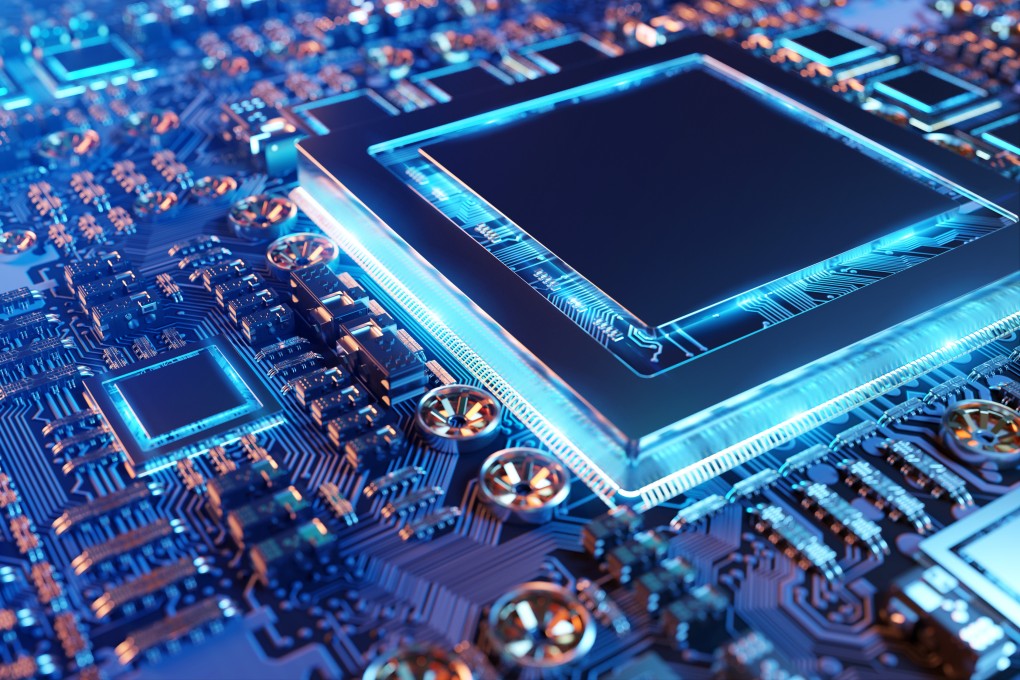Advertisement
Japan mulls US push to restrict chip exports without harming ties with China
- Japan has begun discussions around Washington’s request to restrict exports of microchips to China, according to a Nikkei report
- China’s chip market is worth an estimated US$22 billion dollars, that is why one analyst believes Japanese manufacturers are likely to test the restrictions
Reading Time:3 minutes
Why you can trust SCMP
22

Julian Ryallin Tokyo
Tokyo is expected to prioritise national security over short-term economic gain and heed Washington’s calls to restrict exports of its semiconductors and manufacturing technology for advanced chips, although an analyst has indicated that firms will test the limits of any new rules set by the United States and Japan.
With both economic and military tensions rising between Washington and Beijing, the US is understood to have called on its allies to follow its example and tightly limit sales of cutting-edge semiconductors to China.
The Nikkei newspaper has reported that Tokyo has opened internal discussions on the best course of action, with officials considering which restrictions imposed by the US can be copied by Japan.
Advertisement
Japanese officials will also monitor the responses of other US allies with advanced chip-manufacturing capabilities, including South Korea and European nations.
Minister of Trade and Industry Yasutoshi Nishimura confirmed that Japan was examining the US request, telling reporters: “We are in communication with the US and holding hearings with domestic companies based on that.”
Advertisement
Advertisement
Select Voice
Select Speed
1.00x